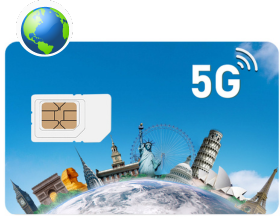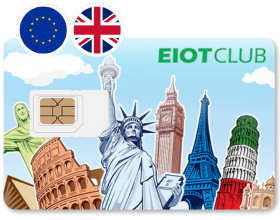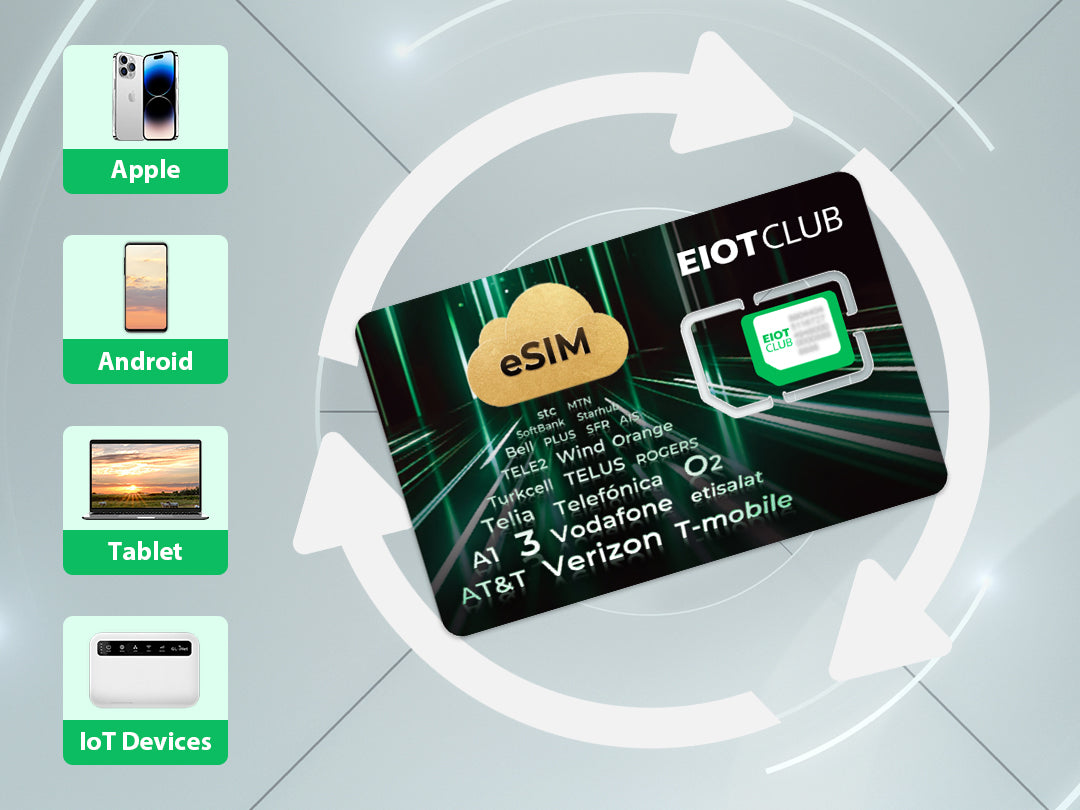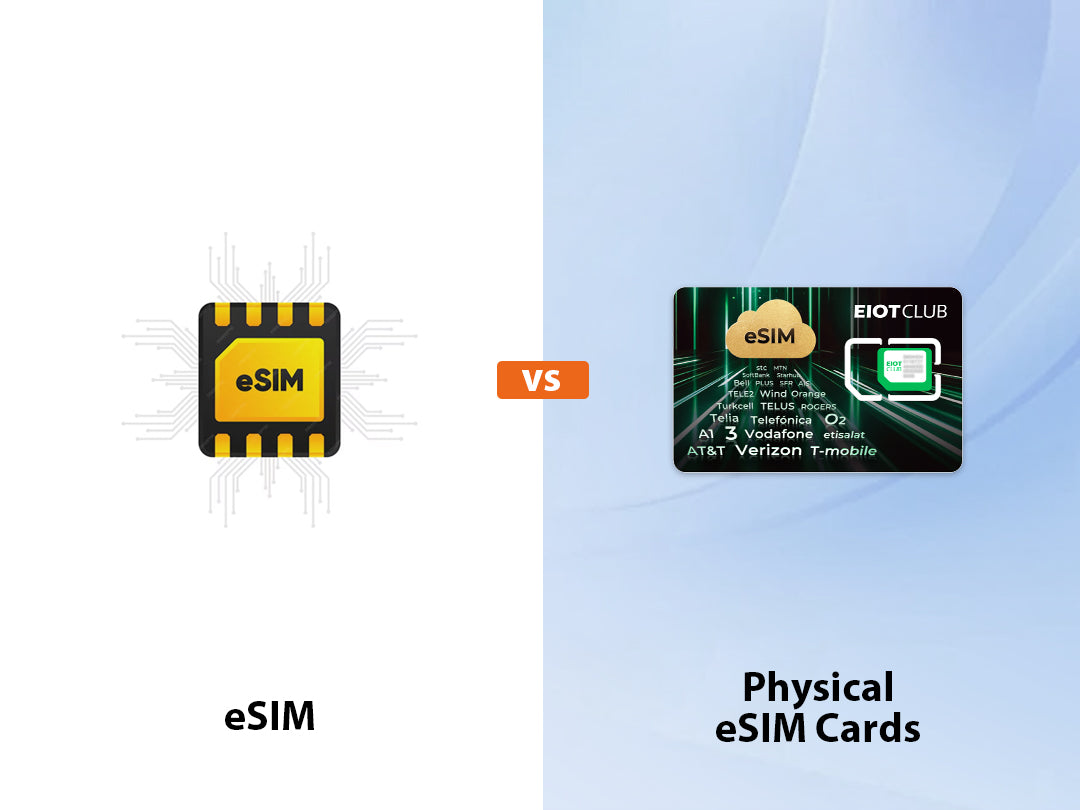Europe Backpacking on a Budget: Tips for International Travelers
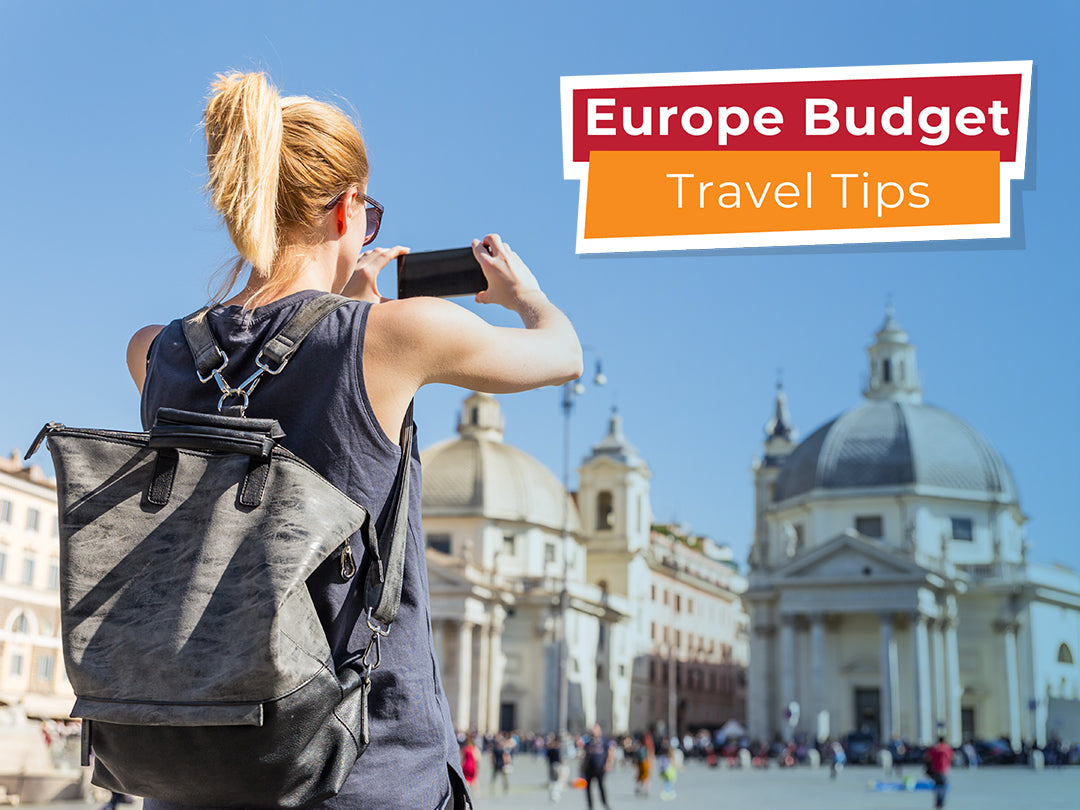
Backpacking through Europe is an exciting adventure, and if you're anything like me, you’ll want to make the most of it while sticking to a budget. Through careful planning, I’ve learned how to travel affordably without sacrificing incredible experiences. Below are my practical tips for saving on transportation, accommodation, food, shopping, sightseeing, and network solutions.
From transportation to dining, here's how I’ve learned to Europe backpacking trip on a budget while having unforgettable experiences.
● Transportation
1. Book Flights in Advance
Booking flights early is one of the best ways to cut costs. I usually start checking prices 3-6 months before my trip. Statistically, flights on Tuesdays and Wednesdays tend to be cheaper, and you may find better deals if you book in the morning.
I also avoid peak travel times such as major holidays, and instead, opt to travel during the off-season when flight prices can drop by as much as 30-40%.
2. Choose the Right Airport
Sometimes, flying into a smaller or secondary airport can be much cheaper. For example, when I flew to Milan, I opted for Bergamo Airport instead of Milan’s main airport, which saved me over €50. Even with the added cost of transportation from the airport to the city center, the total cost was still lower than flying into a major hub.
3. Consider Alternative Transportation
When traveling between cities, I rely on budget-friendly public transportation such as buses and trains. For instance, Eurolines buses can cost as little as €10 for long-distance routes. For shorter distances, I often cycle or walk, saving money and giving me a better feel for the local culture.
● Accommodation
1. Flexibly Choose Accommodation Types
I rarely stay in hotels. Instead, I book hostels, guesthouses, or even Airbnb apartments. If I’m traveling with friends, splitting an Airbnb can sometimes drop the price to under €20 per person per night. Many of these places also have kitchens, which allow me to cook my meals and save even more.
2. Book in Advance and Look for Discounts
Booking accommodation early usually gets you better rates. I use apps like Booking.com or Hostelworld to compare prices and look for promotions. Some platforms offer discounts for booking a certain number of nights or using a referral code.
3. Avoid Popular Areas
Staying just outside a city’s central district can save a lot of money. I once stayed 20 minutes outside the heart of Prague, and my accommodation was half the price of a downtown option, plus I enjoyed a quieter atmosphere.
● Dining
1. Taste Local Snacks and Market Delicacies
I avoid eating at tourist traps near popular attractions. Instead, I head to local markets or street vendors where meals can cost as little as €5. For example, in Krakow, I had a hearty pierogi meal for under €4 at a local food stall, and it was one of the best meals I’ve had.
2. Cook Your Own Meals
Whenever possible, I cook my own meals in hostel kitchens or Airbnb apartments. Buying groceries from local supermarkets not only saves me money but also allows me to tailor meals to my dietary preferences.
● Shopping
1. Understand Local Shopping Discounts
In many countries, tourists can get back a percentage of the VAT (value-added tax) on goods they purchase.
2. Compare Prices and Choose the Right Locations
I always compare prices before making purchases. In cities like Paris or Amsterdam, it’s easy to be swayed by high-end boutiques, but local markets or outlet stores can offer similar items for a fraction of the price.
● Sightseeing
1. Buy Tickets in Advance
For major attractions, buying tickets online in advance can save time and money. Many museums offer discounted tickets for online bookings.
2. Choose Free Attractions or Promotional Activities
Europe is full of incredible free attractions. In cities like London, major museums such as the British Museum and the National Gallery are free. Similarly, I’ve taken advantage of free walking tours in cities like Berlin and Lisbon, which gave me in-depth knowledge of the city's history at no cost.
● Network Solutions
1. Use a Global Data SIM Card
Whenever possible, connect to WiFi. But in the absence of WiFi, you can prepare a Europe data SIM card in advance. Instead of paying for expensive international roaming, I’ve found it much cheaper to buy a local data SIM card. You can recharge as needed once you've used up the data. You can also pair it with a router to share the network and use it on multiple devices.
Conclusion
Backpacking accross Europe on a budget is entirely achievable. If you're planning a trip, remember to plan ahead, compare prices, and embrace flexibility. Europe is waiting—explore it wisely and affordably!
Do you have any additional tips for budget backpacking in Europe? Share your insights in the comments below or on social media! Let's help each other make the most of our travels!


